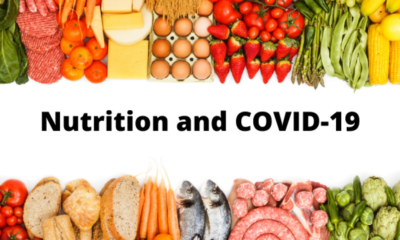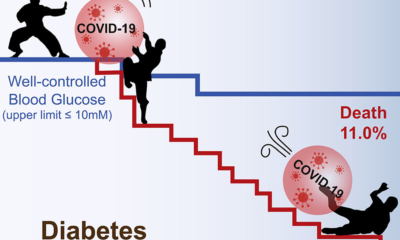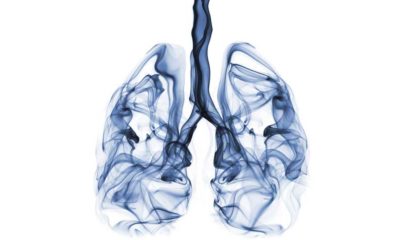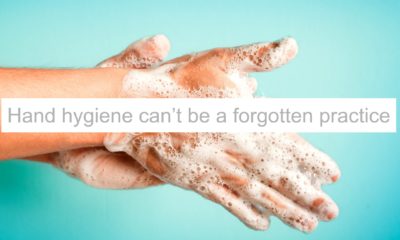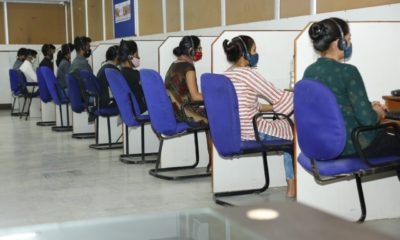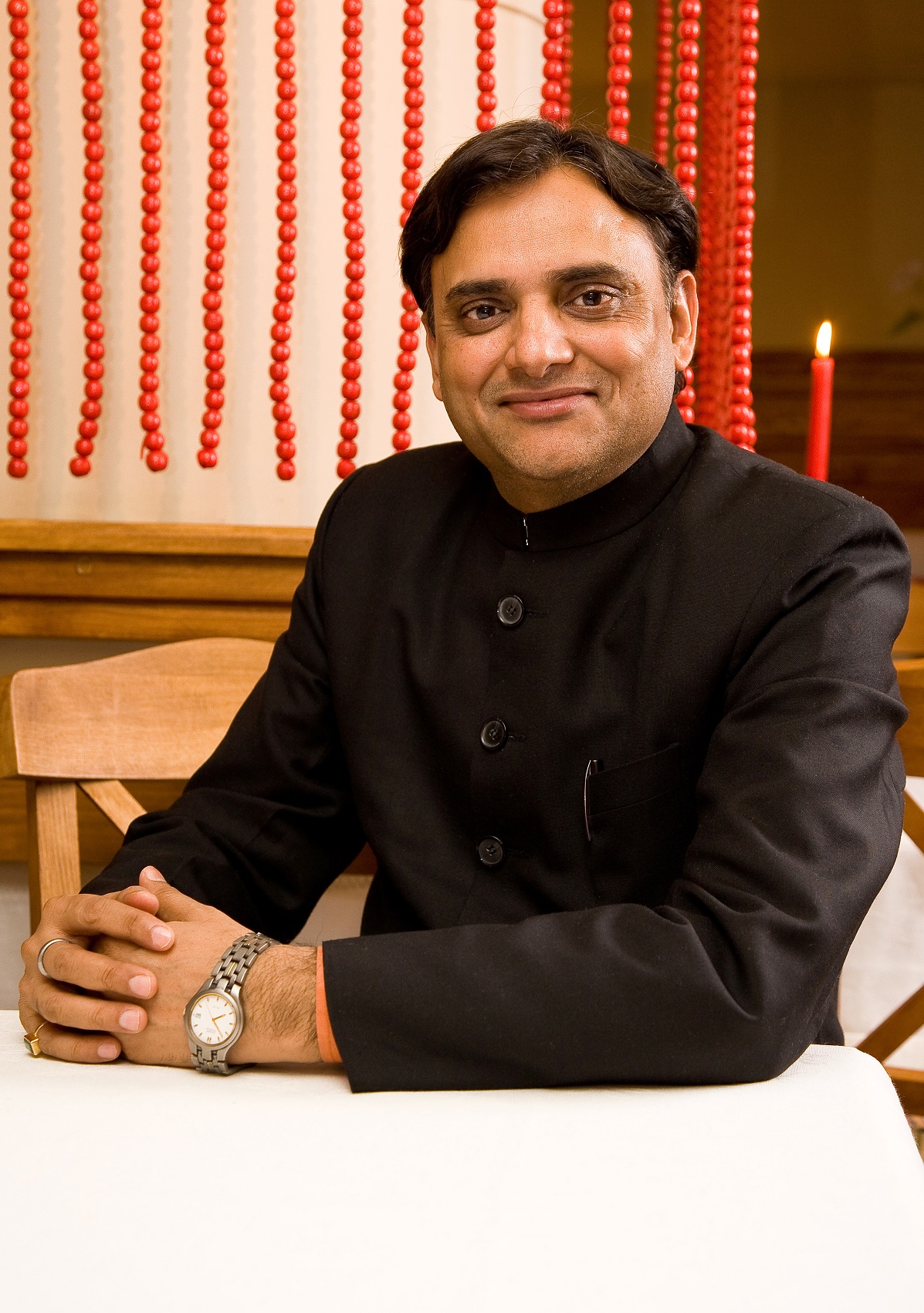Medical & Pharma
COVID-19 Health Response – West Zone
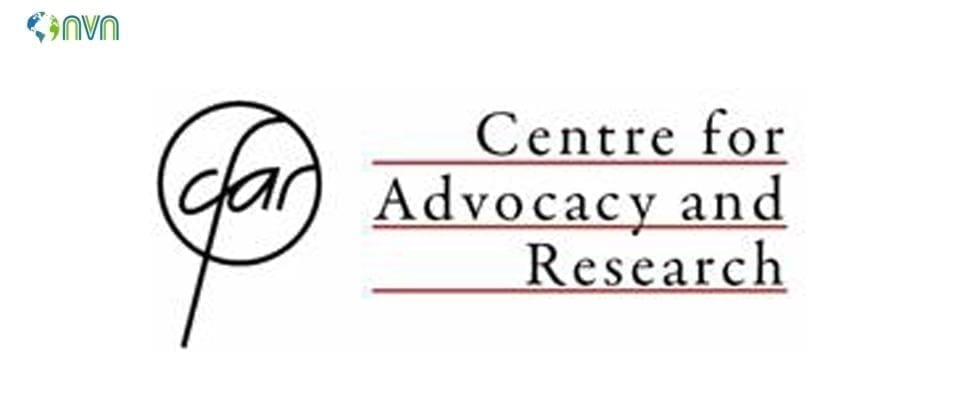
Table of Contents
Focus Areas
The Centre for Advocacy and Research (CFAR) is focusing on reaching out to urban poor communities in six wards to strengthen both prevention and early management of the pandemic, where needed. These six wards, viz. Binnipete-121, Subhash Nagar-95, Oklipuram-96, Nayandahalli-131, Nagarabhavi-128 and Deepanjali Nagar-158 of West Zone have 143,935 population and comprise communities involved in a range of informal work such as daily wage labourers, construction workers, street vendors, garment workers and paurakarmikas (sanitation workers) and domestic workers. These six wards are serviced by five Primary Health Centres (PHCs) located at Magadi Road, Subhash Nagar, Srirampuram, Gangondanahalli and Panthrapalya.
Approach
For both prevention and early management of COVID-19 in an effective and saturated manner, the consortium of partners that includes the health system, non-profit organizations working in the space of health care and support and in strengthening community engagement with the support of Azim Premji Foundation has to ensure an integrated response. This means a seamless continuum of processes from disseminating correct information, developing evidence through line listing of persons at high risk and household survey and through consistent tracking and support to outreach workers, healthcare providers working with Mercy Mission and the five PHCs. All this has to be then followed up by facilitating testing at camp or booth in their neighbourhood, arranging proper institutional quarantine, where possible in COVID Care Centres near the slums and in effective containment and sanitization of the area and in providing post-COVID support to those recovering from it.
Step to be taken for an integrated response –
Reaching out to target population
In keeping with the above model of an integrated solution, we have to ensure that correct information reaches 29,235 urban poor households which have a population of 121,120 persons and, thereafter, with the support of the community mount, a collective effort to manage and contain the pandemic. As stated above, an integrated response of this kind requires multi-stakeholder partnership and collaboration with civil society organisations (CSOs), government, urban local bodies and primary health centres (PHCs) and frontline service-providers.
Facilitating screening and testing
Integration of the response at the ground level is being shaped with the support of Mercy Mission, a charitable healthcare organization, and the Primary Health Centres. Mercy Mission has set up six field booths where a team of health workers do the primary screening by checking body temperature, oxygen level and blood pressure. The Mercy Mission has also set up an oxygen cylinder service in Binnipete Ward to address emergencies such as oxygen deficiency. The medical team from the PHC is not only testing at the centre but also at the camps with a team consisting of one swab collector, one data entry operator and one auxiliary nurse midwife (ANM). The camps are organized by CFAR and the Helpdesk team.
Shaping community facilitation
The intervention is facilitated by CFAR, and at the community level managed by a Helpdesk in each settlement which is staffed by volunteers drawn from the community. Each Helpdesk team has to reach out to 500 households with all the services the community requires, including correct information about the virus and ways to contain it. The Helpdesk team is also supported by local stakeholders like Councillors, Ward Committee members and other community representatives, including family members who are willing to volunteer their service.
Training the volunteers
The Helpdesk volunteers were trained by experts from Azim Premji Foundation. The Foundation has provided communication collaterals such as flip charts, information kits, handbooks, bags, badges and jackets to the team. As a token of appreciation, the 240 frontline workers are also being provided a meal once a week.
Conducting household survey
To streamline the whole process and achieve both scale and quality, CFAR is also conducting a household survey with researchers drawn from the community. The survey will capture all COVID-19 and health-related details, in particular co-morbidities of members of 29,235 households. This will enable the teams to plan the outreach to the households scattered over 37 settlements and at the same time give focussed attention to those who are most at risk, and ensure that all people in and around them take all advised precautions. In other words, we are striving not only to contain the pandemic but also save lives.
Disseminating right information
Armed with all these aids and materials, the Helpdesk members visit each household and create awareness on the Coronavirus. They check the oxygen level and temperature of people and refer those with symptoms for testing. Once a person tests positive, CFAR supports them in either self-isolating at home or getting quarantined at the COVID Care Centre.
Current status-from 8-31 August, 2020
Persons reached out to
In the last one month, the team has reached out to 12,879 persons spread across 37 settlements. With the help of doctors and nurses of 5 PHCs, the Helpdesk members conducted 163 camps at the settlements. This resulted in 11,728 persons getting tested, with the Rapid Antigen Test accounting for 4,026 and RT PCR for 7,702 tests. As many as 175 persons tested positive. Of them, 125 were counselled and 24 were shifted to the COVID Care Centre. The families of COVID-positive persons were also immediately connected with the dry ration kit support which was being provided by BBMP.
Demonstrating efficacy
Over the last five years, with CFAR having earned the trust of the community and the health system, it has been possible to create a strong community-centred intervention in the six wards. The community-led intervention has, in the past one month, demonstrated that by reaching out to people and by educating them about the virus, while disseminating correct information, the growing practice of stigmatizing and discriminating against those affected by or associated with the virus is slowly reducing. This is enabling the community to come forward to get screened, tested, quarantined and finally declared free of the disease. Holding camps at the settlement has made a difference. People are assured that even if somebody tests positive, all the providers from PHCs, Mercy Mission, CFAR and the Helpdesk team will take care of them, including arranging for an ambulance to take them to the COVID Care Centre, and see them through the whole experience from being COVID-positive to being COVID-negative.
Speaking about this, Prabhanand Hegde, State lead, CFAR, said: “We know from our experience that urban poor communities, when organized and empowered, not only become a part of the solution but also pave a pathway for others to emulate and follow.”
Radha K, Outreach Worker, Sahaya Single Window
We have been working with these households from the time the pandemic began and the government announced nationwide lockdown. During this period, we facilitated distribution of food relief to the households across 53 wards.
The teams from CFAR and Helpdesk are reaching out to each household, informing them about COVID-19, counselling those who are feeling scared or overwhelmed by it, and connecting them to proper medical services. We are motivating them to get tested at the earliest, and after that we ensure that they either self-isolate at home if it is possible, or get them admitted to the COVID Care Centre without any hassle. We also support their families in getting the ration kits provided by BBMP.
MEDIA RELEASE


